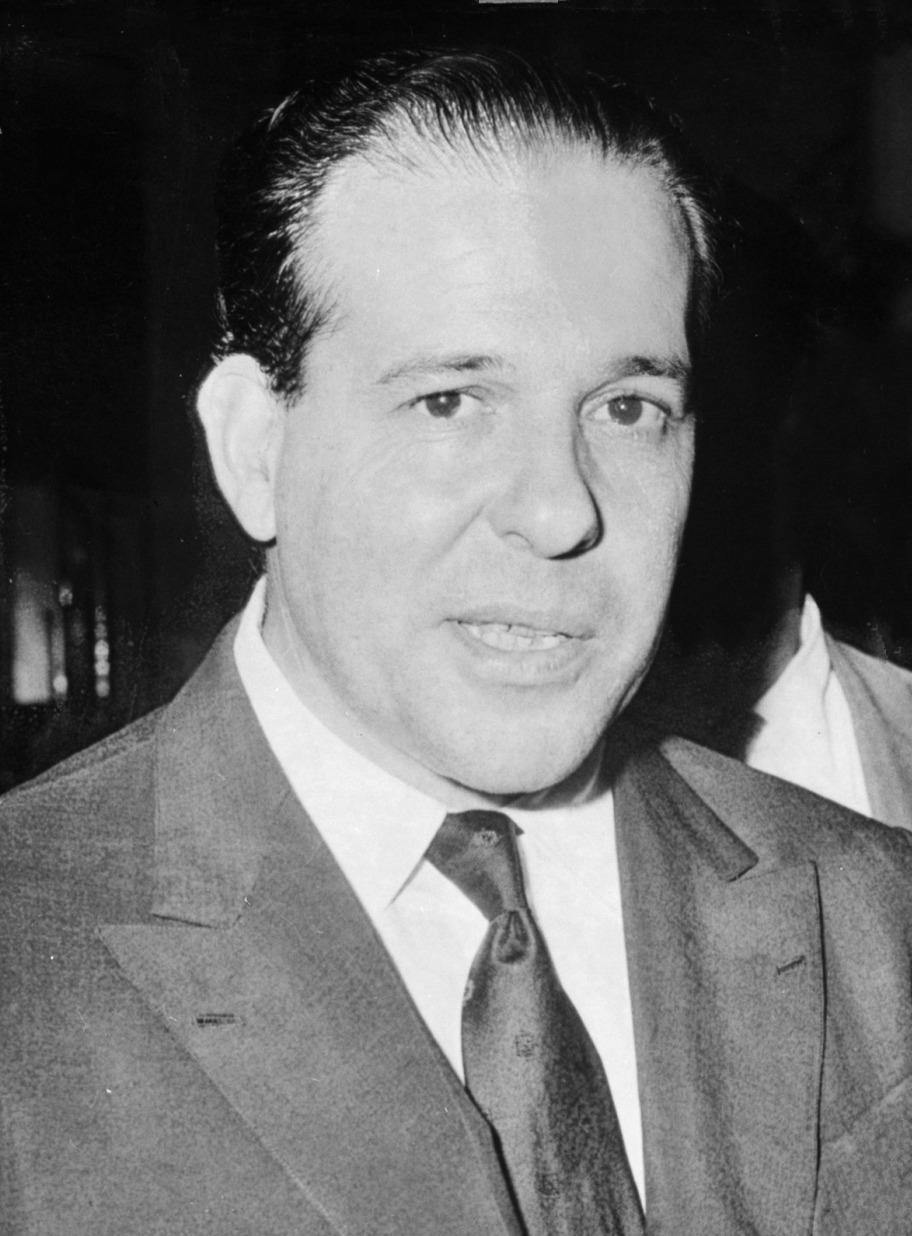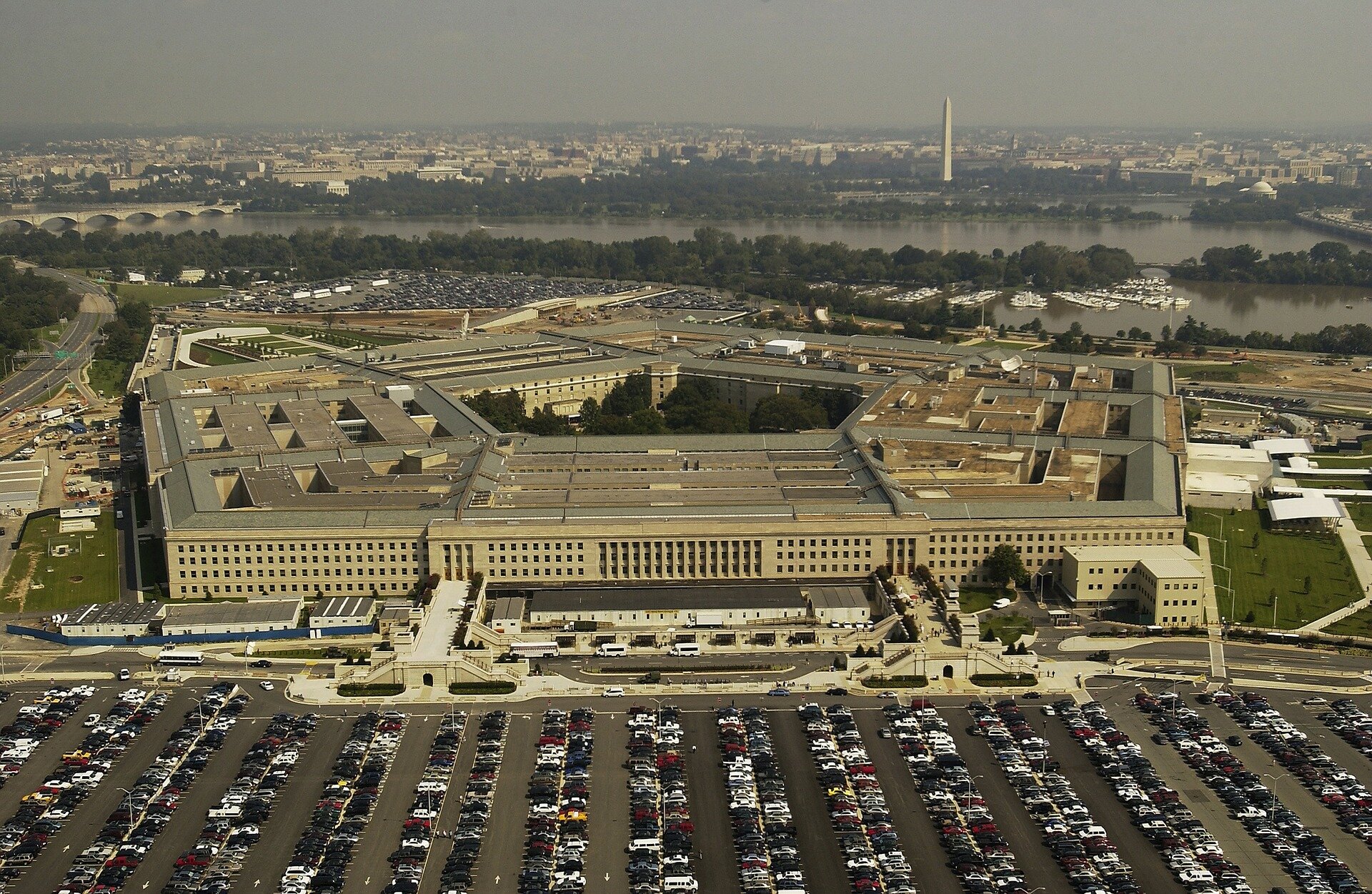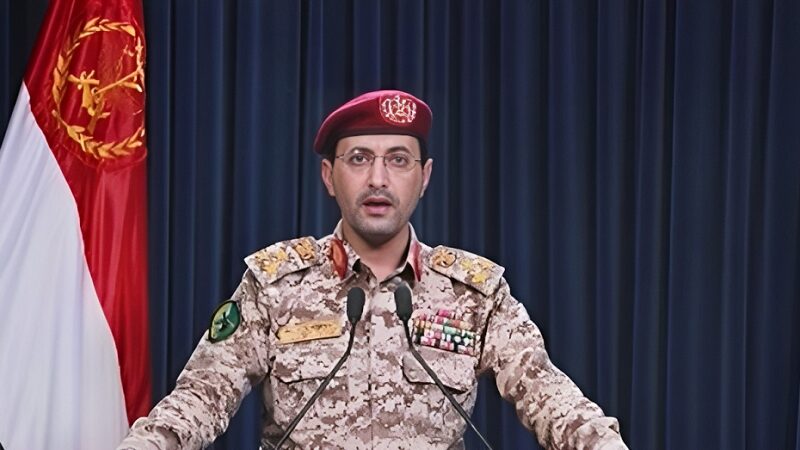Minas Gerais, Brazil, March 31st 1964. Authorities from the civilian government and military personnel are in a state of open revolt against the 24th President of Brazil, João Goulart. The dissenting military forces blockade the roads so that the Rio 1st Army can’t reach Minas Gerais or Sao Paolo to restore control. Within congressional circles north of Rio, an impeachment draft has been written for the deposition of Goulart, who is seen as an ultra-left communist sympathizer.
Now fifty-five years later, Brazil’s current president, Jair Bolsonaro told the military last month to commemorate the coup d’état which prevented communism from spreading to Brazil
Years ago, the United States declassified top secret documents including cables sent by ranking members of the executive branch, State Department, and the CIA, as well as an audio recording of Lyndon B. Johnson speaking with Undersecretary of State George Ball, about covert U.S. involvement to aid in the regime change.
In the first Cable, U.S. Ambassador to Brazil Lincoln Gordon summarizes for the President, Sec. of Defense Robert McNamara, Sec. of State Dean Rusk, and CIA Director John McCone, that Goulart is “Definitely engaged on campaign to seize dictatorial powers”.
He states later in section 4 that he hopes Goulart will be frightened off his path, and that he will serve out the rest of his term and retire from public office to allow for democratic elections, but that he suspects the odds of this peaceful result are “a good deal less than 50-50”.
In paragraph 13, Gordon refers directly to clandestine military assistance to the rebellion. “Given the absolute uncertainty of the timing of a trigger incident…. We recommend (A) that measures be taken soonest for a clandestine delivery of arms of non-U.S. origin to be made available to Castello Branco supporters in Sao Paolo”. He would go on in paragraph 16 to refer to how he has marshaled his own resources to aiding the movement.
March 31st 1964. Joao Goulart, 24th President of Brazil,
Boiling Point
Two days later, Gordon sends another cable, urging that the arms shipment be made available as soon as can be, or even to be pre-positioned if possible prior to any outbreak of violence. He says the weapons could be used by para-military personnel or democratic-military members, or by “friendly military members against hostile military members if necessary”.
He mentions if things are “conducted with skill,” that “Risk and later attribution to U.S. government covert operations seems minor related to positive effects”.
On the 31st of March, Sec. of State Dean Rusk sends a cable to Ambassador Gordon with the confirmation of clandestine U.S. military support for the military coup in Brazil. The shopping list includes 3 tankers filled with oil and petroleum, with naval escort of an aircraft carrier and missile cruisers, containing 110 tons of ammunition and other light equipment including “tear gas for mob control”.
In the audio recording, George Ball can be heard briefing President Lyndon B. Johnson of the situation. LBJ, can be heard stating that “I think we ought to take every step that we can, be prepared to do everything that we need to do”.
The Echoes of History
Throughout his communications with the President and other members of the U.S. government in the know, Gordon repeatedly referenced the popular uprising leading to the coup as consisting of democratic Brazilians and “democratic military members”. With far less resistance than Gordon or anyone else anticipated, the military deposed Goulart, who fled to Uruguay.
This was hardly the triumph of democracy over communism, but rather the start of a brutal 20 year military dictatorship. Bolsonaro’s respect and admiration for the past military government has earned him more than his fair share of critics.
The 1964 coup d’état and the resulting military dictatorship is another of the many examples of U.S. regime change operations that took place all across Latin America during the Cold War, and which continue to this day in Venezuela.
After two failed coup attempts in Caracas in late April, the U.S.-backed candidate for the Venezuelan presidency is nowhere to be found, yet the U.S. imposed sanctions grip the regime and population in an economic stranglehold.
Caracas, Venezuela: May 2nd, 2019. Maduro leads a military march in Tiuna City, Caracas. (Presidential Press)
On May 3rd, President Donald Trump and President Vladimir Putin shared a long phone conversation regarding Venezuela.
“And he (Putin) is not looking at all to get involved in Venezuela other than he would like to see something positive happen for Venezuela, and I feel the same way. We want to get some humanitarian aid – right now people are starving, they have no food, they have no water,” he said.
A bizarre idea for the President to have after slapping stern economic sanctions on Venezuela over the last two years in attempt to force their population to join with opposition candidate Juan Guaido in overthrowing the sitting president, Nicolas Maduro. These sanctions include freezing foreign assets, and denying access to $1.2 billion in gold bullion kept by the Bank of England among other such measures.
Whether you’re Nicolas Maduro, or João Goulart, history tells us that South and Central American powers which don’t align with U.S. interests will suffer the consequences.




